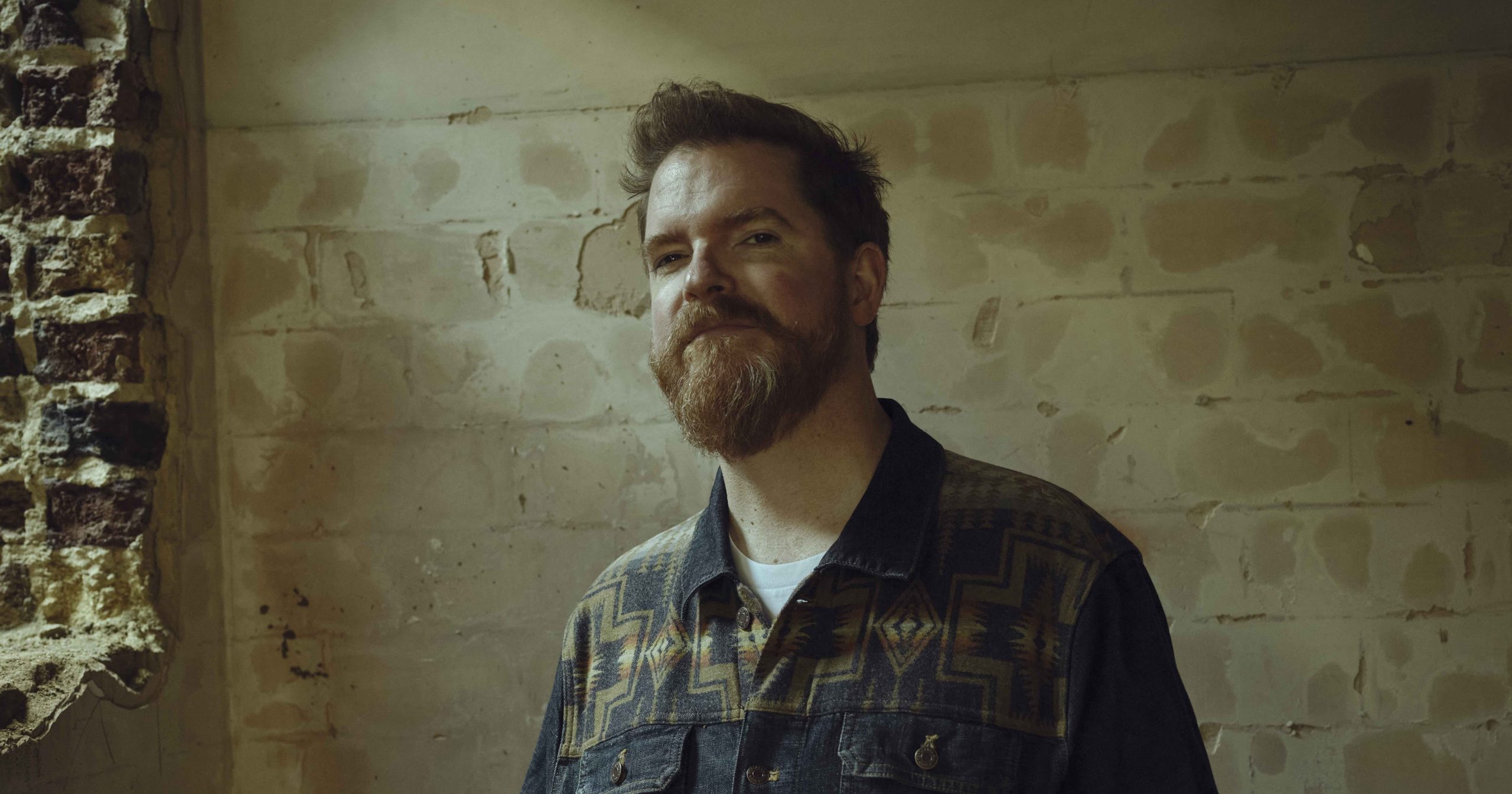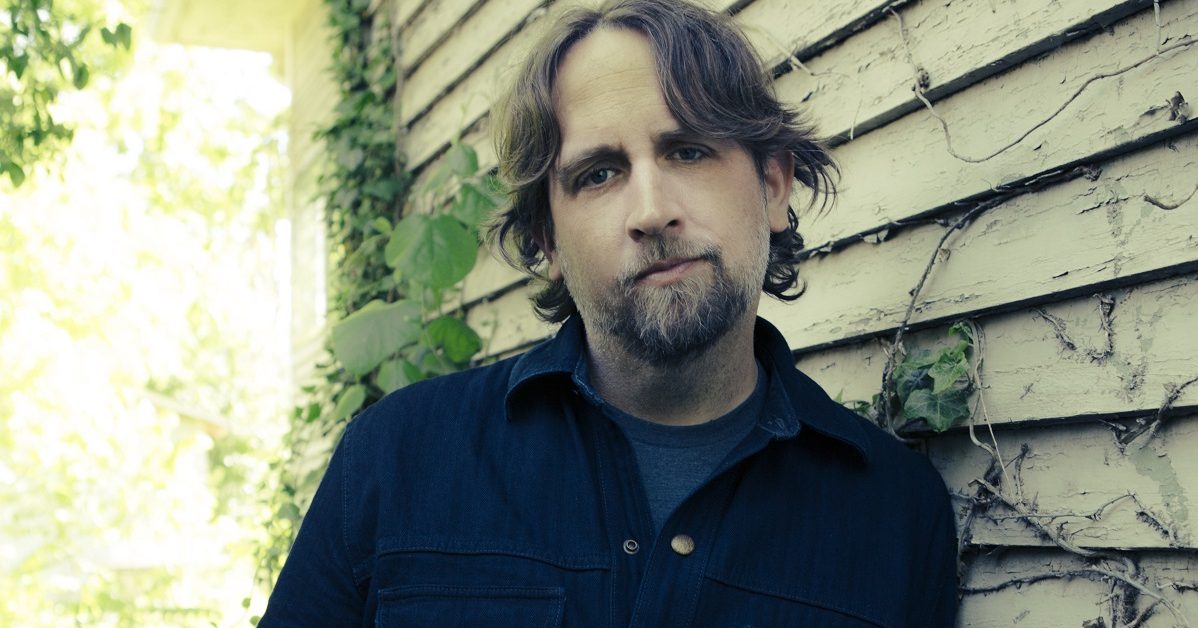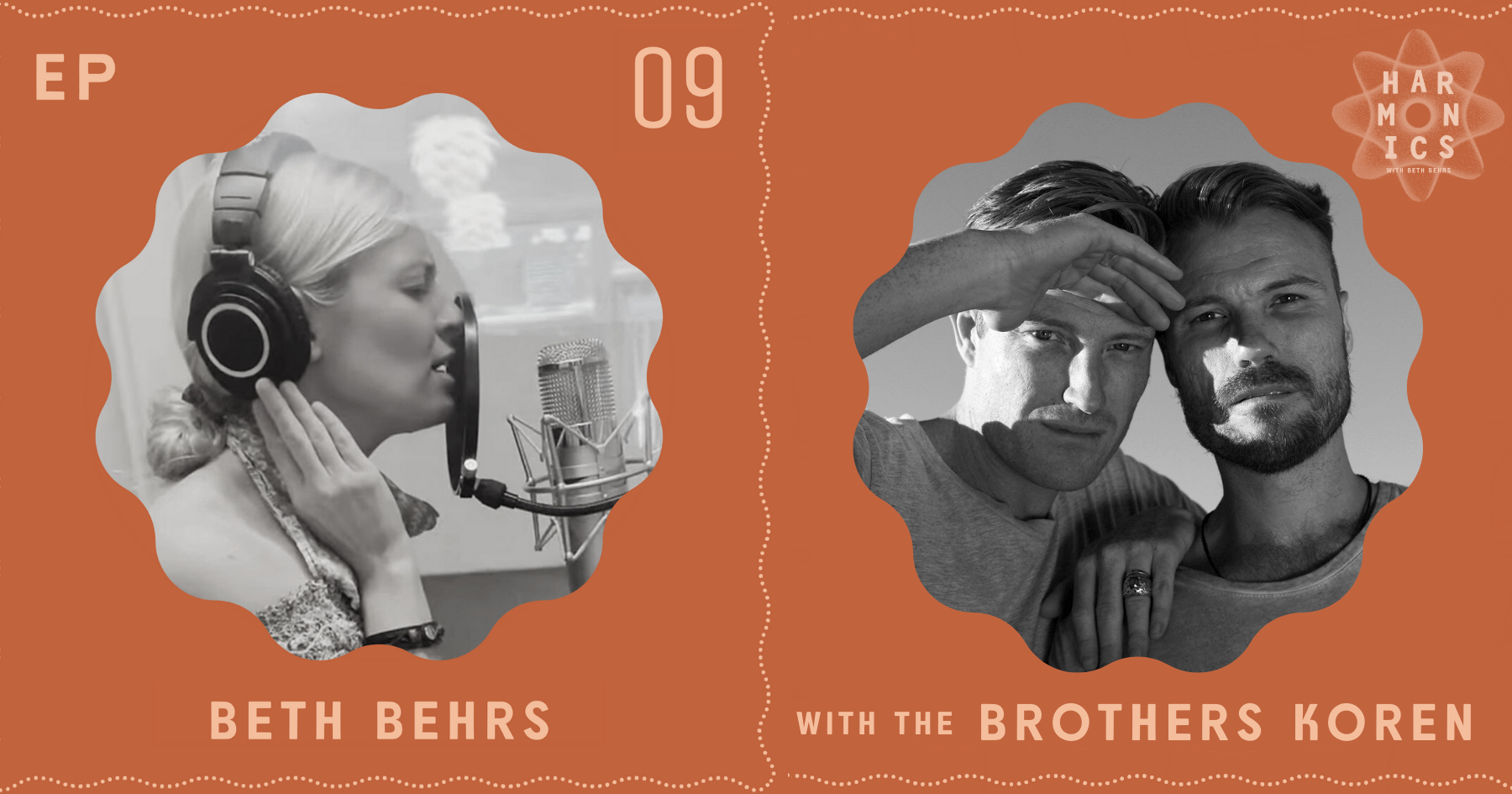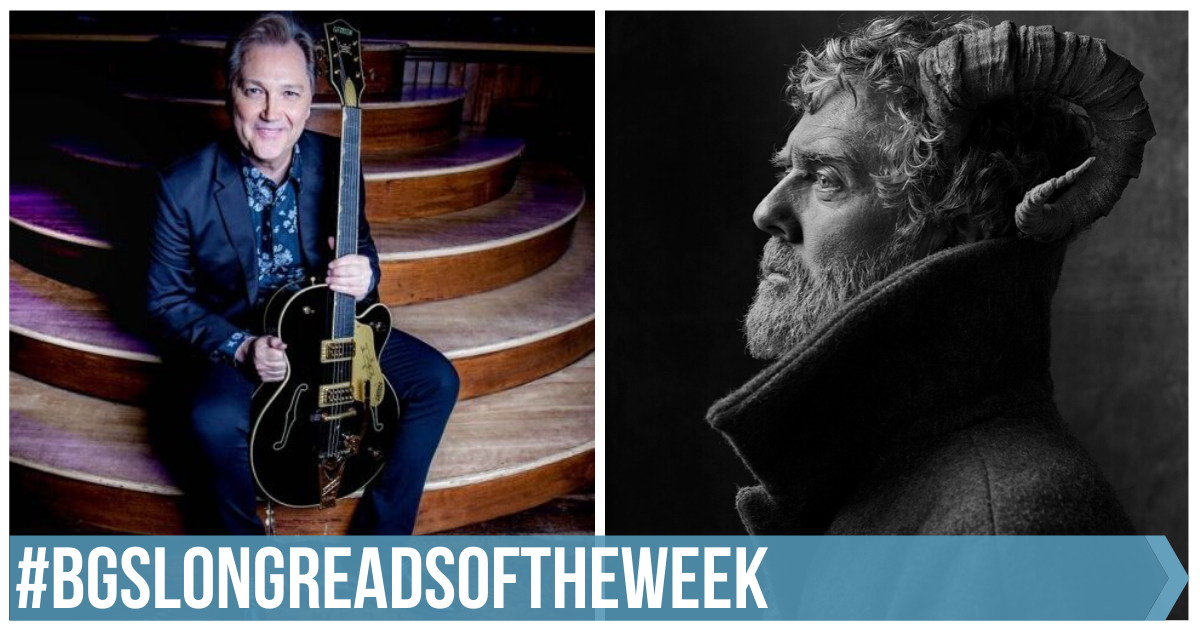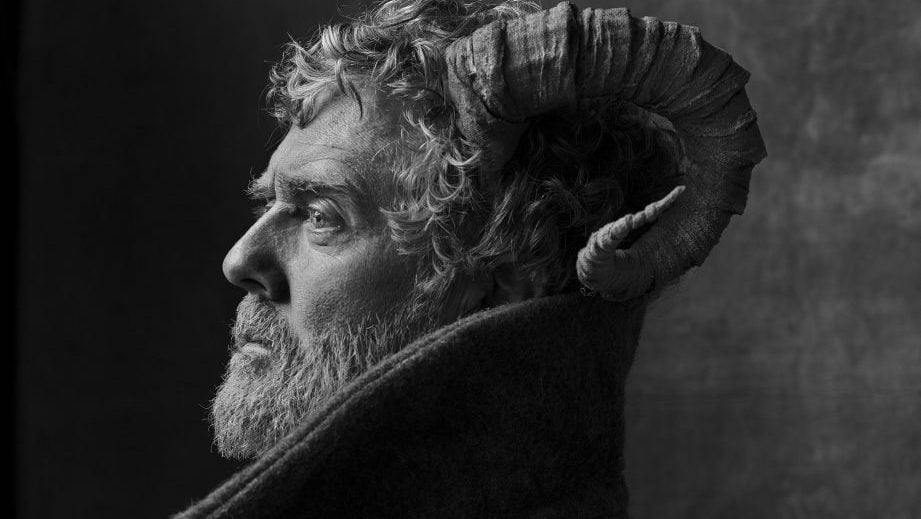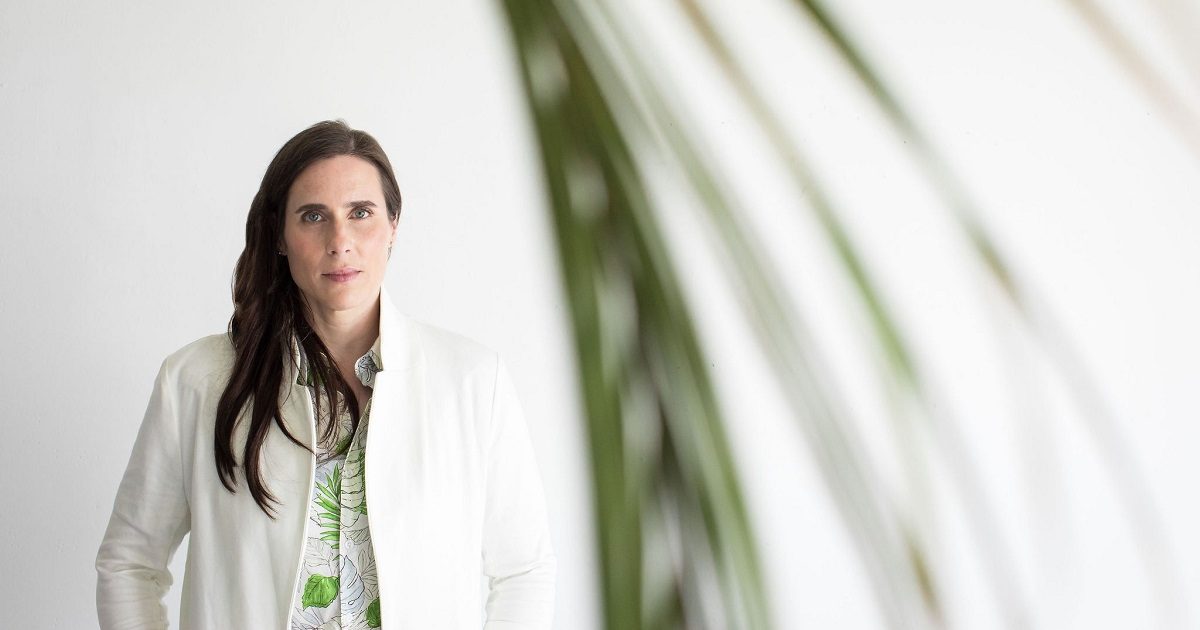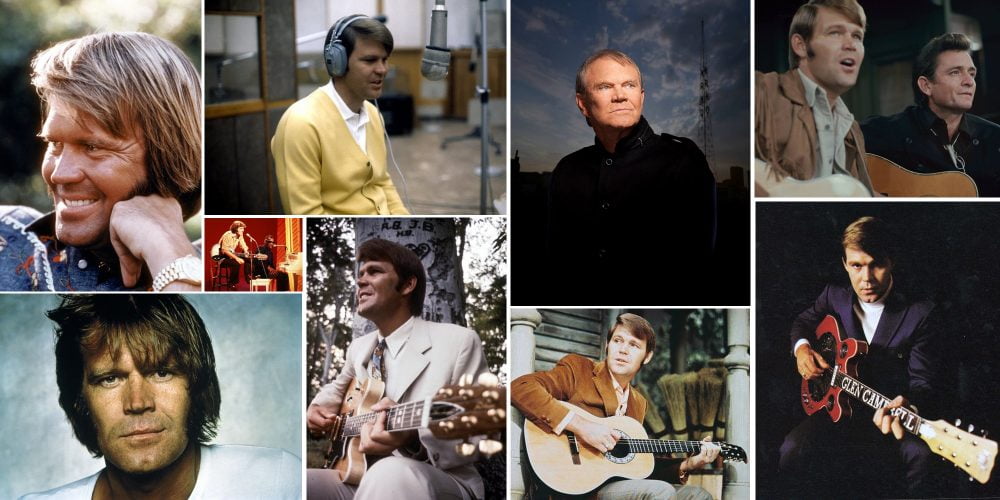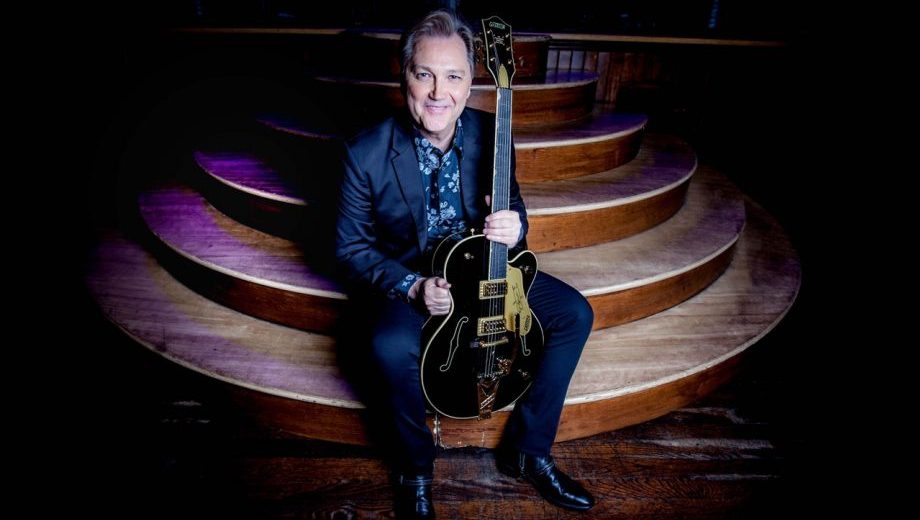His name might be a little … beige? But those who know John Smith have long loved the vibrant colors of this gifted guitarist and singer-songwriter’s creative palate – especially the serene sophistication at its core. A unique form of meditative propulsion has endeared Smith to heavyweight collaborators like 3-time Grammy winner Joe Henry and his own fans alike, but with his new album, The Living Kind, Smith paints with a new shade of calm, confident, consciousnesses.
Produced by Henry and driven by Smith’s steamroller of a right hand, The Living Kind seems to have a gravity of its own making – a contemporary folk album that is both spartan and lush, modern and timeless, desolate and dense with the movement of life.
Perhaps that’s due to the subject matter, since it was written as Smith grappled with a season of change and an Alzheimer’s diagnosis that impacted not just his father, but the whole family. Or maybe it came down to the recording style, which found the UK native escaping to Maine with a few vintage guitars in the dead of winter, finding new courage in Henry’s home studio. But no matter the reason, the result is a work of deep reflection – and ultimately deep revelation.
Just after The Living Kind’s release, BGS spoke with Smith about the mix of experiences that led to his cathartic new album, a project that helps convey the beautiful tragedy of living itself.
Thank you for making some time for us to connect, John. To start, I just wonder how you’re feeling about the act of making music these days?
John Smith: I mean, I love music. Music is the good bit. I feel like music is the bit I do for free. The music business itself is tough. It’s in a strange place at the moment and everyone I know is working five times harder for half the money. So I feel that going on tour and playing shows cannot be taken for granted, especially since that moment where it all shut down. It feels like a real privilege to be able to go and do live shows. To make this record with my favorite producer was just a dream come true. The whole thing feels completely satisfying and good to me.
Tell me a little about where these songs came from. I understand they came in sort of a creative burst and you had a lot of tumultuous things going on in life at the time before that. Did this music have an impact on you personally – were you using it to process?
I think the album before [2021’s The Fray] was all about that. It was me writing so I didn’t lose my mind. This album feels more about moving through turmoil and looking behind you, looking at the rear view mirror and seeing a part of your life fade into the distance and recognizing it and keeping your eye on the road ahead. I wrote this as I was emerging from a time of tremendous – well, yeah, I say turmoil again, and the songs came very quickly. Once Joe and I had decided to make a record together, I wrote the songs over the course of the winter of 2022 into ‘23, wrote most of the record in about six weeks.
That’s crazy.
I think the thing is, when you’re writing and you put up your aerial, sometimes you catch a good frequency, you get lucky, and you catch something that falls into your lap.
I noticed that you described this project as an actual song cycle, which is not always so common anymore. What’s the story you feel these songs are really taking people through?
Actually, I think that was a journalist who said that, and it kind of hit me that it was not entirely untrue. The album moves through a series of different moods. It starts in a place of despair with “Candle” – a song about Alzheimer’s and looking after someone and feeling burned out. And it ends with this song “Lily,” which is a kind of evergreen love song about hope and being able to get through something, because you’ve got someone to do it with. And I think the album takes you through various situations of grief and longing and love and hope, and then it ends in a very hopeful place.
You mentioned earlier, “Watching the person you were get left behind.” I mean, is that a scary feeling at this point in life?
Yeah, I think I never seem to have any say in it. Things happen and I move around them. What I’m learning as I get older is just to be more malleable, be more subtle. There’s a line in “The World Turns:” “We’ll be stronger if we soften and yield,” and that’s kind of what I learned over the course of the last five years. I was always someone who would attempt to resist the flow, but I’ve learned that just jumping in and seeing if you don’t drown is probably the best way.
I did want to ask you where your sound is landing on this record. It’s got this very peaceful, but sort of propulsive feeling and it puts me in a good place. I like it a lot. I wonder, does that energy show up in your daily life, or were you sort of getting out of yourself to find this mix of calming but also pushing forward?
That’s a really good question. It’s almost as if you’ve done this before. [Laughs] That’s really good, man. I never thought of that. …
Well, I’m a calm person, but I’m always moving. I’m always thinking of the next thing and always planning and always on it, but I’m generally very calm, and maybe that’s a reflection of me. When I went in, I wanted to record something that sounded like me, but also sounded idiosyncratic to this one recording process.
Most of these songs are driven by the right hand. It’s that propulsive groovy right-hand thing that I do, and I’ve been working on my whole life, really. That is at the center of the mix, and Joe wanted to frame that, then just have other actors walk out onto the stage, do their bit, and then walk off. We wanted to put that front-and-center instead of me being part of the ensemble.
Do you think that’s maybe part of why this one was so satisfying feeling?
I think so. I think that’s largely down to Joe and his recording process. He just put a mic up and asks you to play a song. This felt like the record I’ve been trying to make my whole career, just sometimes you need a beautifully gifted Grammy-winning producer to help you get there.
Fortunately, I’ve played on lots of Joe’s records. I’ve played on four or five of his solo records and a bunch of his productions, so I’m used to that way of working – and as soon as I saw him do it the first time like 13 years ago, I just said, “Right, that’s how I want to record.”
He’s always been very encouraging of me, and tried to get me to do my thing without inhibition. And there was a moment when I was singing the song “Silver Mine.” He looked over and he just kind of winked at me and said, “You’ve done it now, son. You’ve done it.” And it was like, “Yeah, I have actually done it. I’ve managed to sing without inhibition on a record,” which I don’t think I’d ever really done before.
How did the setting of Maine – in the winter – impact what you made?
Well, the idea for the album was born there a year previous. I was on tour in New England in February ’22 and then Joe and I wrote this song early after dinner, went upstairs, made a demo, and then Joe just said to me, “There’s no reason why we shouldn’t make a record here in this house.” And so a year later, I was back there and it was the same icy, snowy, frozen situation from the last February, and I’d had it in mind the whole time I was writing. … I always had those frozen finger lakes where he lives in mind.
So, when I went back, it was exactly as I’d remembered it. The songs suited the place, they suited the setting and the weather, and then it happened. On the second day, the temperature plummeted to -25º Celsius. So we just stayed in, man. We stayed in the house. We looked out the window and we cut the record in four days. It brings a closeness that you can’t manufacture. You can hear that on the record.
Tell me about where “Candle” came from. This is the track that starts the record off, and I know it’s kind of a heavy topic, right?
It is a bit heavy. It’s a song about admitting that something is very wrong and that you have to deal with it, and you have to try not to burn out. In this case, my father suffers from Alzheimer’s. We chose to completely change our lives to move around him and his condition and look after him, and it’s a song about that. I felt there was no point in dressing it up and trying to speak of it in broader strokes, because I know a lot of folk whose parents are suffering dementia of some kind. So I just decided, let’s be straight up about it.
Obviously, the visual metaphor is a candle burning out. You, as a carer, will burn out. But actually, I think really the song is about putting your hands around the candle and trying to just stay warm, enjoy that light as long as you can. The relationship with somebody who has Alzheimer’s just changes every day.
You chose “The Living Kind” as the title track. Why did you feel that was the best way to describe the record?
I don’t know, actually. It’s a bit of an anomaly because it’s such an upbeat song. The record isn’t all that upbeat. … I guess I thought “The Living Kind” sums it up. Rather than becoming complacent in the face of great difficulty or becoming stunned into inaction, it’s about getting on with it and trying to live life as best you can. I think that is what a lot of the record is about.
What do you hope people take away from this?
I just hope it makes listeners feel good. I think at the end of the day, that’s all I can hope for. I believe Bob Dylan when he said that once you release music, it is not your business what people think of it. I hope it makes ‘em feel good.
Photo Credit: Phil Fisk
